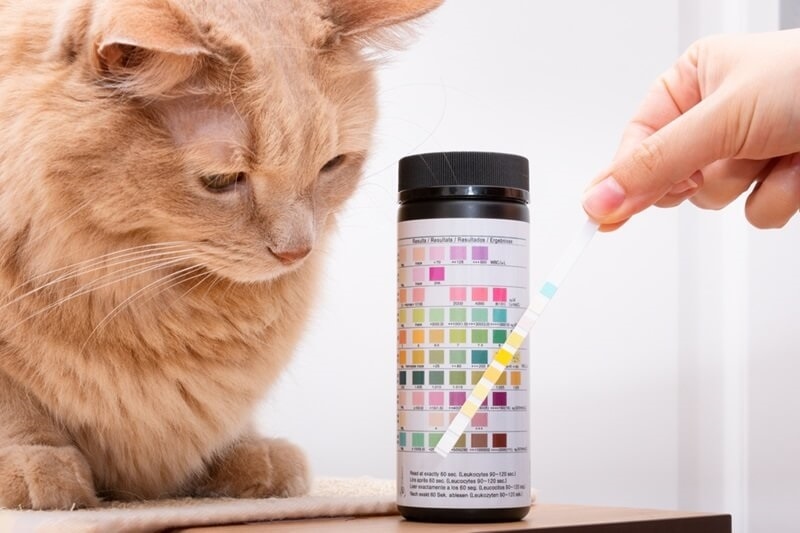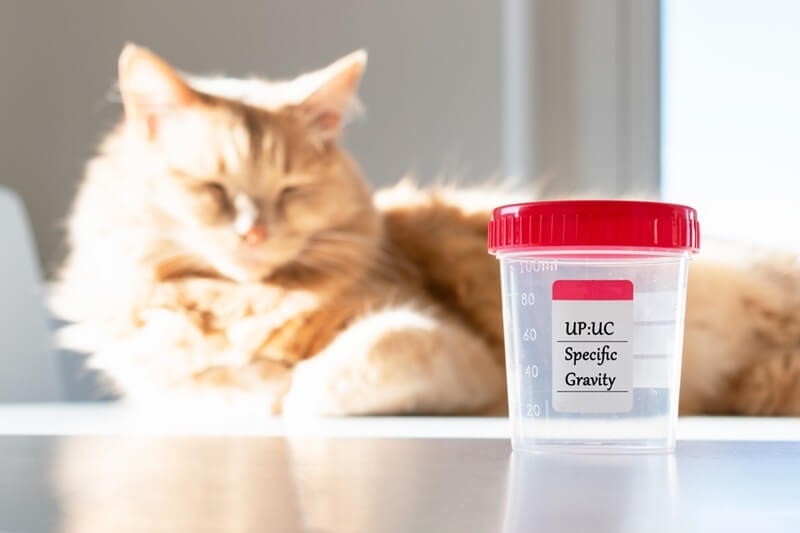
Cat kidney disease is a prevalent and fatal medical condition in many cats, especially as they age. Understanding the indicators of kidney failure in cats, renal nutrient advice, and treatment options is crucial for your cat's long-term health. Early assessment and providing proper cat kidney care can significantly improve the quality of life and successfully manage chronic kidney disease in cats. This research will discuss everything you need to know regarding recognizing signs, treating, and preventing.
Kidney disease in cats occurs when the kidneys have lost the ability to effectively filter the waste and toxins from our cat's blood. Cats can have acute kidney injury (abrupt onset) or chronic kidney disease (progressive, long-term). Chronic kidney disease is much more prevalent, particularly in geriatric cats, and can result in severe health consequences if not treated.
Kidneys are vital to a cat's health and well-being through blood pressure regulation, electrolyte balance, and fluid balance. Cats with kidney failure show signs of illness caused by the underlying disease.
Detecting the signs of feline kidney failure early on can make a big difference in treatment success.

The outlook for early detected kidney disease in a cat is significantly improved. Here are some signs of feline kidney failure:
If you see any combination of these signs, it is crucial to see a veterinarian right away. Catching chronic kidney disease in cats early can delay its progress and enhance their quality of life.
There are several reasons kidney disease occurs in cats:
Knowledge of the underlying reasons makes treating kidney problems in cats easier and avoids further harm.
The assessment of kidney disease in cats can involve physical exam findings, lab tests, and imaging. Your veterinarian may perform:
Early diagnosis is essential to ensuring successful kidney care in cats and modifying their diets to ensure kidney function.
While feline kidney disease can't always be treated, appropriate treatment may delay progression and improve quality of life. Key approaches include:
Nutrition is critical in treating kidney disease. Cat kidney diet tips involve:
A licensed veterinary nutritionist may also help formulate an individual diet for your cat.
Based on how advanced the stage is, your veterinarian may prescribe one or more of the following:
Chronic kidney disease is a progressive disease that can be managed if we monitor blood and urine values closely regularly. Routine visits can also allow for changes in diet, medication, and overall care.
It is essential to support your cat's kidney function at home. Good kidney health in cats is made up of:
Chronic kidney disease is progressive and can take some time to find its effects, and at first, the signs or symptoms may be subtle or mild. When the kidney function declines, it can also lead to other, even more severe complications for cats, including anemia, hypertension, and decreased immune function.
Chronic kidney disease can be treated with a cat kidney diet, medications, and lifestyle changes.. Most cats can survive for several years with reasonable control, underscoring the need for early diagnosis and ongoing care.
Not every case of kidney disease is preventable; however, some steps can be taken to reduce risk factors.
Preventative measures support your feline kidney care and overall health.
Kidney disease in cats is an emergency situation that needs to be treated in an emergent way, diagnosed early, and managed preventively. Being informed about the signs of cat kidney failure, properly adhering to cat kidney diet instructions, and administering the prescribed treatment for cats with kidney disease can all enhance the quality of your cat's life. After being monitored forever and regularly checked over by your vet, and you are committed to her kidney care, many cats with chronic kidney disease will live longer, better quality lives.
Proper care ensures that your cat's golden years are comfortable, happy, and healthy.
Q: Can kidney disease in cats be reversed?
A: Fortunately, kidney disease is usually not reversible. However, when treated early, we can delay the disease progression and improve the cat's quality of life.
Q: What do I avoid in a cat's diet with kidney disease?
A: Exclude high-phosphorus foods, excessive protein intake, and salty or processed cat food. Follow vet-approved cat kidney diet advice.
Q: How frequently does a cat with chronic kidney disease need to visit the vet?
A: Usually every 3–6 months, depending on the stage/risk of disease. At more advanced stages, it may be necessary to monitor more often.
Q: Is there any natural treatment for kidney disease in cats?
A: Supplements may help with kidney function, but they will never replace what your veterinarian can do for them. Always consult your veterinarian before supplementing.
This content was created by AI